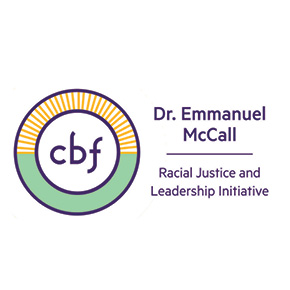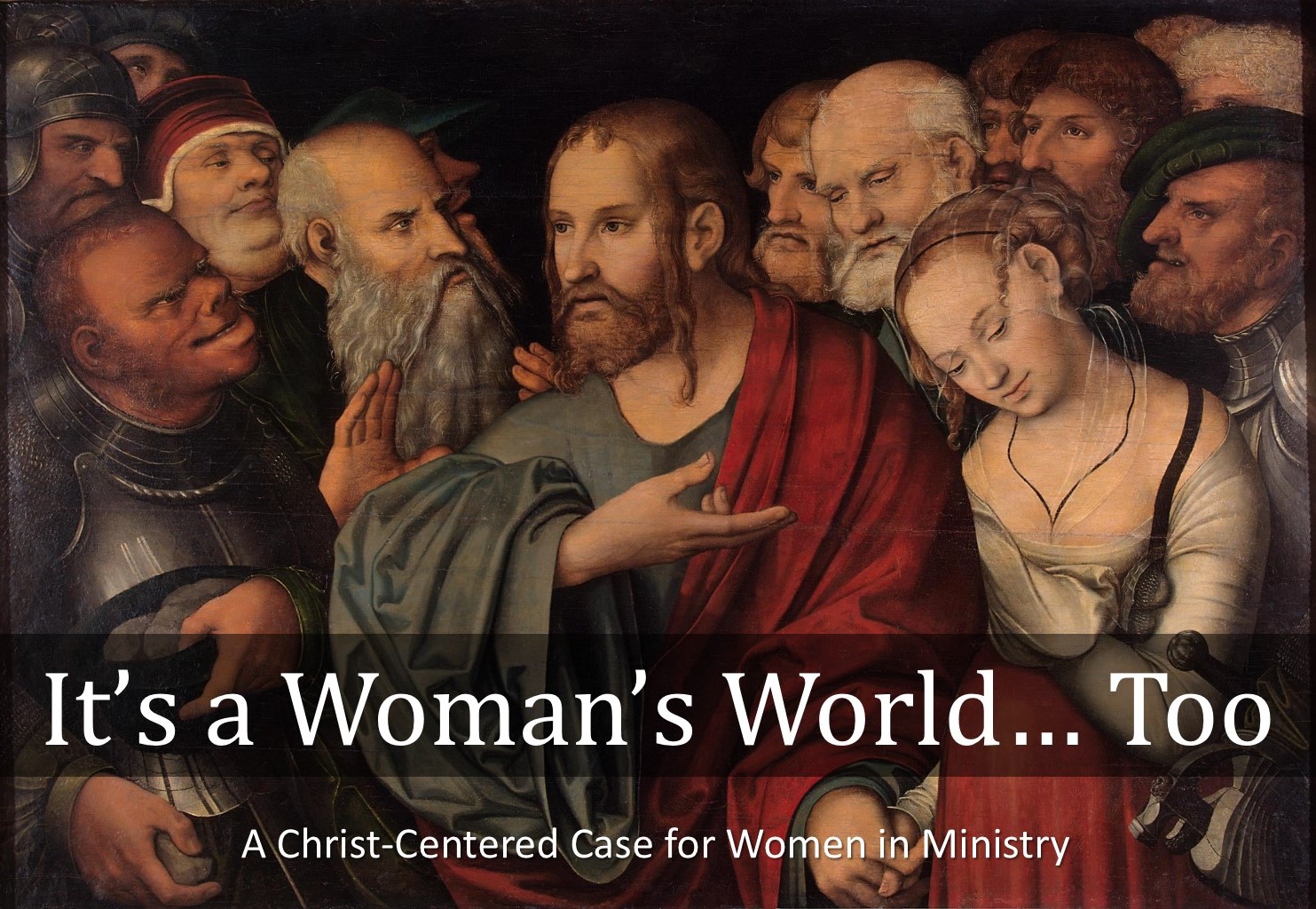Legendary Actor Paul Newman Dies
JOHN CHRISTOFFERSEN, AP
posted: 9 HOURS 3 MINUTES AGOcomments: 1504filed under: Movie News, Obits, Paul Newman dead at 83 PrintShareText SizeAAAWESTPORT, Conn. (Sept. 27) - Paul Newman, the Oscar-winning superstar who personified cool as the anti-hero of such films as "Hud," "Cool Hand Luke" and "The Color of Money" — followed by a second act as an activist, race car driver and popcorn impresario — has died. He was 83.
Newman died Friday at his farmhouse near Westport following a long battle with cancer, publicist Jeff Sanderson said. He was surrounded by his family and close friends.
In May, Newman dropped plans to direct a fall production of "Of Mice and Men" at Connecticut's Westport Country Playhouse, citing unspecified health issues. The following month, a friend disclosed that he was being treated for cancer and Martha Stewart, also a friend, posted photos on her Web site of Newman looking gaunt at a charity luncheon.
But true to his fiercely private nature, Newman remained cagey about his condition, reacting to reports that he had lung cancer with a statement saying only that he was "doing nicely."
As an actor, Newman got his start in theater and on television during the 1950s, and went on to become one of the world's most enduring and popular film stars, a legend held in awe by his peers. He was nominated for Academy Awards 10 times, winning one Oscar and two honorary ones, and had major roles in more than 50 motion pictures, including "Exodus," "Butch Cassidy and the Sundance Kid," "The Verdict," "The Sting" and "Absence of Malice."
Newman worked with some of the greatest directors of the past half century, from Alfred Hitchcock and John Huston to Robert Altman, Martin Scorsese and the Coen brothers. His co-stars included Elizabeth Taylor, Lauren Bacall, Tom Cruise, Tom Hanks and, most famously, Robert Redford, his sidekick in "Butch Cassidy" and "The Sting."
"There is a point where feelings go beyond words," Redford said Saturday. "I have lost a real friend. My life — and this country — is better for his being in it."
Newman sometimes teamed with his wife and fellow Oscar winner, Joanne Woodward, with whom he had one of Hollywood's rare long-term marriages. "I have steak at home, why go out for hamburger?" Newman told Playboy magazine when asked if he was tempted to stray.
They wed in 1958, around the same time they both appeared in "The Long Hot Summer." Newman also directed her in several films, including "Rachel, Rachel" and "The Glass Menagerie."
With his strong, classically handsome face and piercing blue eyes, Newman was a heartthrob just as likely to play against his looks, becoming a favorite with critics for his convincing portrayals of rebels, tough guys and losers. New York Times critic Caryn James wrote after his turn as the town curmudgeon in 1995's "Nobody's Fool" that "you never stop to wonder how a guy as good-looking as Paul Newman ended up this way."
"Sometimes God makes perfect people," fellow "Absence of Malice" star Sally Field said, "and Paul Newman was one of them."
Newman had a soft spot for underdogs in real life, giving tens of millions to charities through his food company and setting up camps for severely ill children. Passionately opposed to the Vietnam War, and in favor of civil rights, he was so famously liberal that he ended up on President Nixon's "enemies list," one of the actor's proudest achievements, he liked to say.
A screen legend by his mid-40s, he waited a long time for his first competitive Oscar, winning in 1987 for "The Color of Money," a reprise of the role of pool shark "Fast Eddie" Felson, whom Newman portrayed in the 1961 film "The Hustler."
In the earlier film, Newman delivered a magnetic performance as the smooth-talking, whiskey-chugging pool shark who takes on Minnesota Fats — played by Jackie Gleason — and becomes entangled with a gambler played by George C. Scott. In the sequel — directed by Scorsese — "Fast Eddie" is no longer the high-stakes hustler he once was, but an aging liquor salesman who takes a young pool player (Cruise) under his wing before making a comeback.
He won an honorary Oscar in 1986 "in recognition of his many and memorable compelling screen performances and for his personal integrity and dedication to his craft." In 1994, he won a third Oscar, the Jean Hersholt Humanitarian Award, for his charitable work.
His most recent academy nod was a supporting actor nomination for the 2002 film "Road to Perdition." One of Newman's nominations was as a producer; the other nine were in acting categories. (Jack Nicholson holds the record among actors for Oscar nominations, with 12; actress Meryl Streep has had 14.)
As he passed his 80th birthday, he remained in demand, winning an Emmy and a Golden Globe for the 2005 HBO drama "Empire Falls" and providing the voice of a crusty 1951 car in the 2006 Disney-Pixar hit, "Cars."
But in May 2007, he told ABC's "Good Morning America" he had given up acting, though he intended to remain active in charity projects. "I'm not able to work anymore as an actor at the level I would want to," he said. "You start to lose your memory, your confidence, your invention. So that's pretty much a closed book for me."
Newman also turned to producing and directing. In 1968, he directed "Rachel, Rachel," a film about a lonely spinster's rebirth. The movie received four Oscar nominations, including Newman, for producer of a best motion picture; and Woodward, for best actress. The film earned Newman the best director award from the New York Film Critics Circle.
In the 1970s, Newman, admittedly bored with acting, became fascinated with auto racing, a sport he studied when he starred in the 1969 film, "Winning." After turning professional in 1977, Newman and his driving team made strong showings in several major races, including fifth place in Daytona in 1977 and second place in the Le Mans in 1979.
"Racing is the best way I know to get away from all the rubbish of Hollywood," he told People magazine in 1979.
Newman later became a car owner and formed a partnership with Carl Haas, starting Newman/Haas Racing in 1983 and joining the CART series. Hiring Mario Andretti as its first driver, the team was an instant success, and throughout the last 26 years, the team — now known as Newman/Haas/Lanigan and part of the IndyCar Series — has won 107 races and eight series championships.
"Paul and I have been partners for 26 years and I have come to know his passion, humor and, above all, his generosity," Haas said. "His support of the team's drivers, crew and the racing industry is legendary. His pure joy at winning a pole position or winning a race exemplified the spirit he brought to his life and to all those that knew him."
Despite his love of race cars, Newman continued to make movies and continued to pile up Oscar nominations, his looks remarkably intact and his acting becoming more subtle — nothing like the mannered method performances of his early years, when he was sometimes dismissed as a Brando imitator.
Newman, who shunned Hollywood life, was reluctant to give interviews and usually refused to sign autographs because he found the majesty of the act offensive. He also claimed that he never read reviews of his movies.
"If they're good you get a fat head and if they're bad you're depressed for three weeks," he said.
In 1982, Newman and his Westport neighbor, writer A.E. Hotchner, started a company to market Newman's original oil-and-vinegar dressing. Newman's Own, which began as a joke, grew into a multimillion-dollar business selling popcorn, salad dressing, spaghetti sauce and other foods. All of the company's profits are donated to charities. By 2007, the company had donated more than $175 million, according to its Web site.
"We will miss our friend Paul Newman, but are lucky ourselves to have known such a remarkable person," Robert Forrester, vice chairman of Newman's Own Foundation, said in a statement.
In 1988, Newman founded a camp in northeastern Connecticut for children with cancer and other life-threatening diseases. He went on to establish similar camps in several other states and in Europe.
He and Woodward bought an 18th century farmhouse in Westport, where they raised their three daughters, Elinor "Nell," Melissa and Clea.
Newman had two daughters, Susan and Stephanie, and a son, Scott, from a previous marriage to Jacqueline Witte. Scott died in 1978 of an accidental overdose of alcohol and Valium. After his only son's death, Newman established the Scott Newman Foundation to finance the production of anti-drug films for children.
"Our father was a rare symbol of selfless humility, the last to acknowledge what he was doing was special," his daughters said in a written statement. "Intensely private, he quietly succeeded beyond measure in impacting the lives of so many with his generosity."
Newman was born in Cleveland, the second of two boys of Arthur S. Newman, a partner in a sporting goods store, and Theresa Fetzer Newman. He was raised in the affluent suburb of Shaker Heights, where he was encouraged him to pursue his interest in the arts by his mother and his uncle Joseph Newman, a well-known Ohio poet and journalist.
Following World War II service in the Navy, he enrolled at Kenyon College in Gambier, Ohio, where he got a degree in English and was active in student productions.
He later studied at Yale University's School of Drama, then headed to work in theater and television in New York, where his classmates at the famed Actor's Studio included Brando, James Dean and Karl Malden.
Newman's breakthrough was enabled by tragedy: Dean, scheduled to star as the disfigured boxer in a television adaptation of Ernest Hemingway's "The Battler," died in a car crash in 1955. His role was taken by Newman, then a little-known performer.
Newman started in movies the year before, in "The Silver Chalice," a costume film he so despised that he took out an ad in Variety to apologize. By 1958, he had won the best actor award at the Cannes Film Festival for the shiftless Ben Quick in "The Long Hot Summer."
In December 1994, about a month before his 70th birthday, he told Newsweek magazine he had changed little with age.
"I'm not mellower, I'm not less angry, I'm not less self-critical, I'm not less tenacious," he said. "Maybe the best part is that your liver can't handle those beers at noon anymore," he said.
Newman is survived by his wife, five children, two grandsons and his older brother Arthur.
Associated Press writers Hillel Italie in New York and Josh Dickey, Greg Risling and Susan Katz in Los Angeles contributed to this story.
Copyright 2008 The Associated Press. The information contained in the AP news report may not be published, broadcast, rewritten or otherwise distributed without the prior written authority of The Associated Press. Active hyperlinks have been inserted by AOL.
2008-09-27 09:55:46

























